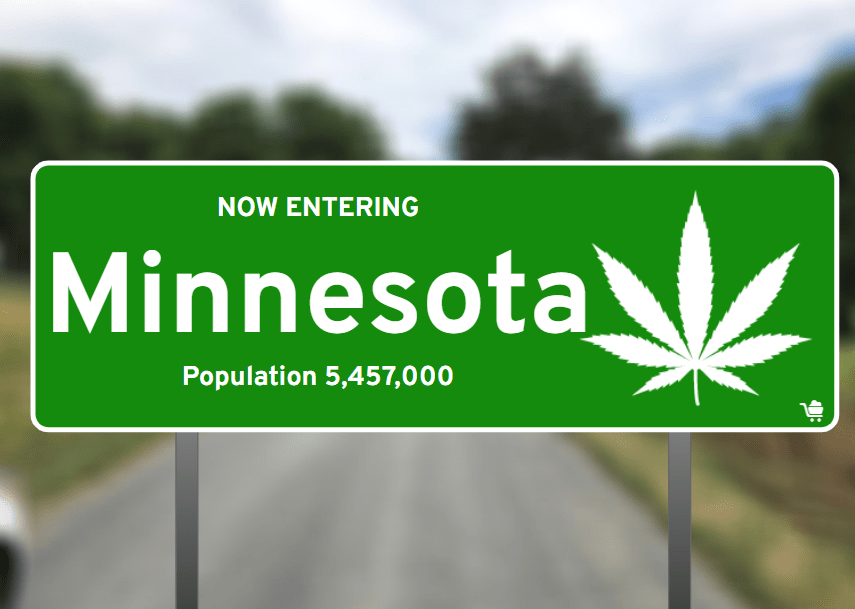The new variant, developed at the University of Wisconsin-Madison, guarantees compliance with federal threshold levels and provides additional agronomic advantages to farmers.

As the explosion in technological advancements continues to rapidly alter the human experience in the 21st century, the agricultural sector is beginning to recognize a dramatic transformation via genetic modification for various plants, crops, and other cultivated product offerings.
One plant of particular interest to researchers, farmers, and consumers is hemp. Since the passage of the 2018 Farm Bill, which legalized hemp and its downstream derivatives, the young and developing hemp industry has experienced rapid growth and financial success. However, there has also been an equally massive amount of controversy and negative press surrounding a few of its more sensationalized offerings, most notably intoxicating hemp derivatives (IHDs) like delta-8 THC.
In the past week alone, South Dakota's governor signed one of the most restrictive IHD bans in the country, 21 state attorneys general sent a letter to Congress demanding stronger regulations governing hemp products, and a New York federal judge dismissed a lawsuit challenging harsher guidelines issued by the state's cannabis regulators concerning IHDs in the Empire State.
To address the complicated and polarizing issue of hemp-derived intoxicants, some agricultural geneticists have undertaken the challenge to develop hemp strains with either significantly reduced levels of intoxicating cannabinoids or none at all. Now, according to multiple media outlets, scientists at the University of Wisconsin-Madison have created a genetically modified hemp strain utterly free of THC and CBD, which received approval by the U.S. Department of Agriculture this week.
The new strain, "Badger G," was developed by the Wisconsin Crop Innovation Center at the University of Wisconsin. Scientists designed Badger G to produce high levels of the cannabinoid CBG and zero amounts of CBD and THC. They employed CRISPR/Cas9 gene-editing technology to achieve this monumental feat, which successfully nullified the CBDAS gene responsible for THC and CBD synthesis.
The main impetus for creating the new strain is to help farmers eliminate waste associated with samples that exceed the Farm Bill's 0.3% delta-9 THC threshold limit for legal hemp. The hope is that Badger G will reduce crop waste by up to 25% for farmers.
This breakthrough will amplify the genetic diversity within the hemp industry and help reinforce federal efforts to bolster hemp research. Many sector observers view the USDA's approval of the new strain as a promising move in the right direction to ensure regulatory compliance and unlock new potential innovations in hemp cultivation and product development.
However, the issue of how to effectively and rationally address IHDs remains a divisive and potentially industry-shattering problem for lawmakers, stakeholders, and consumers, who've become reliant on products containing hemp-based derivatives, especially in states where cannabis is still illegal to purchase and consume.
Artificially altering nature to fit the, at times, less than virtuous aims of individuals and corporations seeking to benefit financially from arbitrarily constructed laws designed to control human behavior rarely ends well. The genuine issue is not whether IHDs should be legal but rather how legal hemp-derived intoxicants should be appropriately regulated and managed.
Relying on relatively new and still controversial gene editing techniques to solve a problem that already has numerous and proven solutions sets a dangerous precedent for future challenges like the ones currently confronting the hemp industry.








































